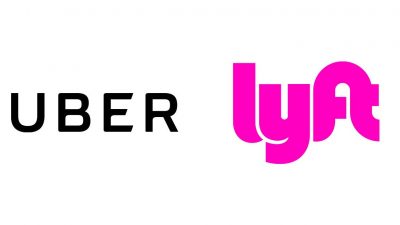 With the New York State Assembly’s recent budget, and after a long fight among labor organizers, lawyers, business owners, and legislators, ridesharing has come to town here in upstate New York. Ride-sharing advocates are celebrating the victory, claiming that it will spur economic development and reduce drunk driving. I spoke with local Service Employees International Union (SEIU) organizer Sean Collins about the new legislation and what effects it might have on the region, as well as the rhetoric regarding the benefits of services such as Uber and Lyft and the increasing replacement of public transportation improvement with private entities.
With the New York State Assembly’s recent budget, and after a long fight among labor organizers, lawyers, business owners, and legislators, ridesharing has come to town here in upstate New York. Ride-sharing advocates are celebrating the victory, claiming that it will spur economic development and reduce drunk driving. I spoke with local Service Employees International Union (SEIU) organizer Sean Collins about the new legislation and what effects it might have on the region, as well as the rhetoric regarding the benefits of services such as Uber and Lyft and the increasing replacement of public transportation improvement with private entities.
A few notes about the interview: we discuss the vague claim that ride-sharing services spur economic development, which is investigated and critiqued in this article by Hubert Horan in Urban Economics & Regional Studies eJournal. We also challenge the argument that ride-sharing reduces drunk driving, and while we don’t mention it, there is some evidence that it may have an impact, as explored in this study by City University of New York, though as with so many studies of this sort it depends on whom you ask.
At one point I say “private contractors” when I meant “independent contractors,” and we use a few acronyms for our city’s Business Improvement District (BID) and our local public transportation service Capital District Transport Authority (CDTA).
You can listen to the interview below:
